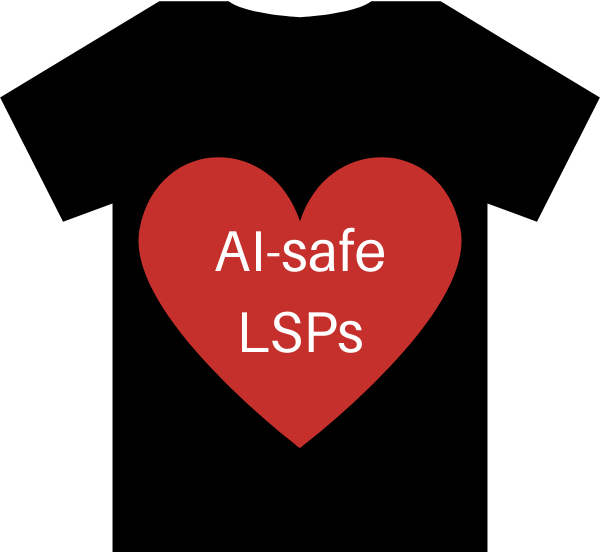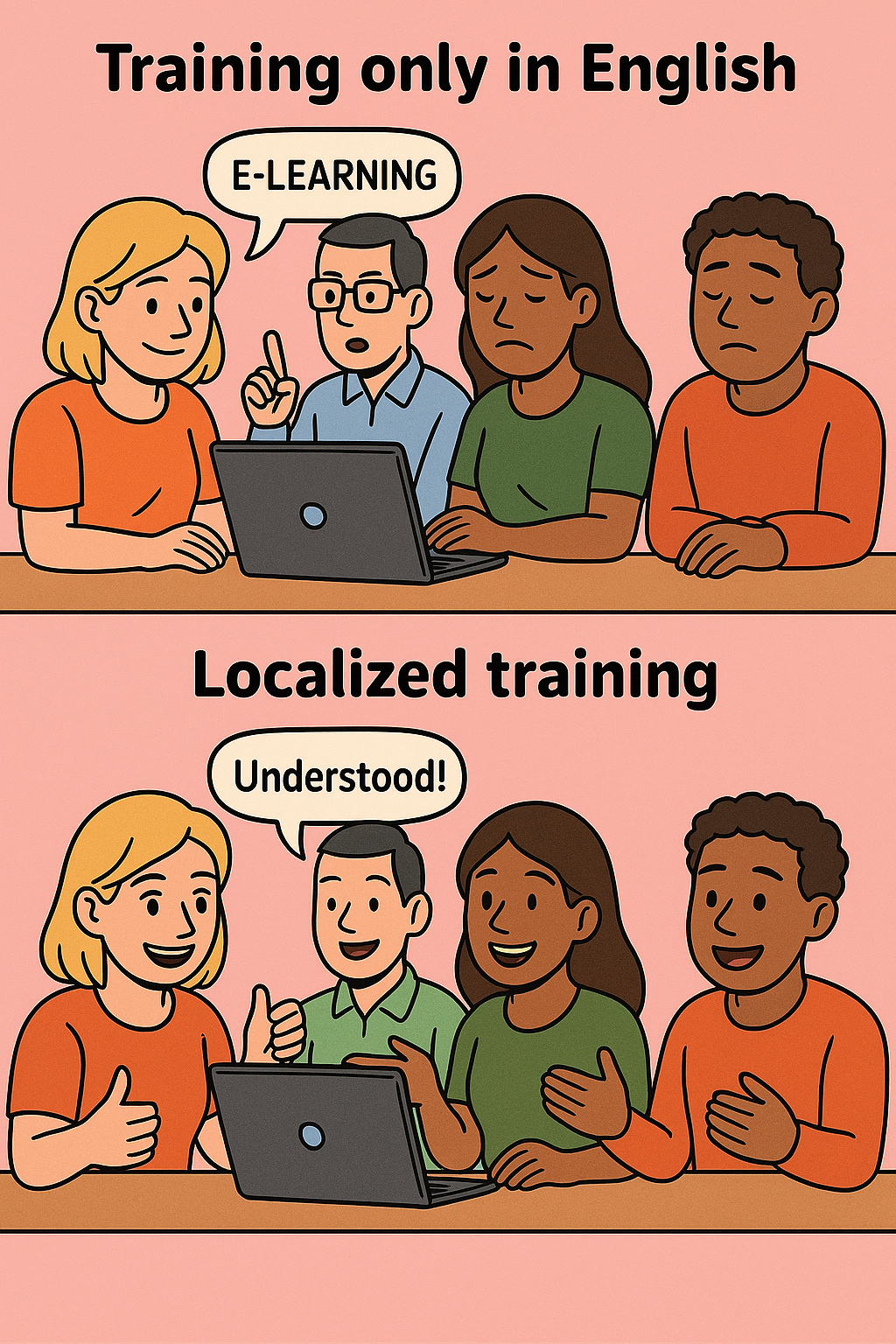Welcome to Cultural Twins
Are you ready to navigate the AI revolution that's transforming how we communicate across borders? Every day, artificial intelligence is breaking down language barriers and creating unprecedented opportunities for global business expansion.
Our weekly newsletter "How AI is Reshaping Language" delivers curated insights on the latest developments in AI translation, cross-cultural communication, and market entry strategies. From real-world case studies to expert analysis, we'll help you harness AI's potential to connect with international audiences and stay ahead of the competition.


AI Security: Essential Terms for 2026
As artificial intelligence systems become embedded in our daily LSP operations, understanding AI...


Beyond the Algorithm: Why Human Linguistic Expertise is Essential for True Understanding and Impact
Verbal reasoning tests our ability to understand, evaluate, and derive logical conclusions from...


GDPR obligations of Language Solution Vendors
The General Data Protection Regulation (GDPR), implemented in 2018, governs how organisations...


Terminology
An essential and often forgotten tool, together with ontologies and taxonomies, to organise and...


Is your training getting lost? Think of language.
Multilingual Training Drives Engagement, Productivity, Motivation, Best-practice Adherence,...


Maximise your global reach in 2025 with content fit for international growth
Create an authentic and immersive experience for everybody
First, determine the content you intend...


A year that starts many times over: did you know that different cultures have traditionally measured time differently?
Imagine standing in ancient China, watching astronomers track the moon's phases with meticulous...


Website Localisation: Addressing Your Concerns
Following our engaging presence at GG2024, we've carefully considered the thoughtful feedback...


